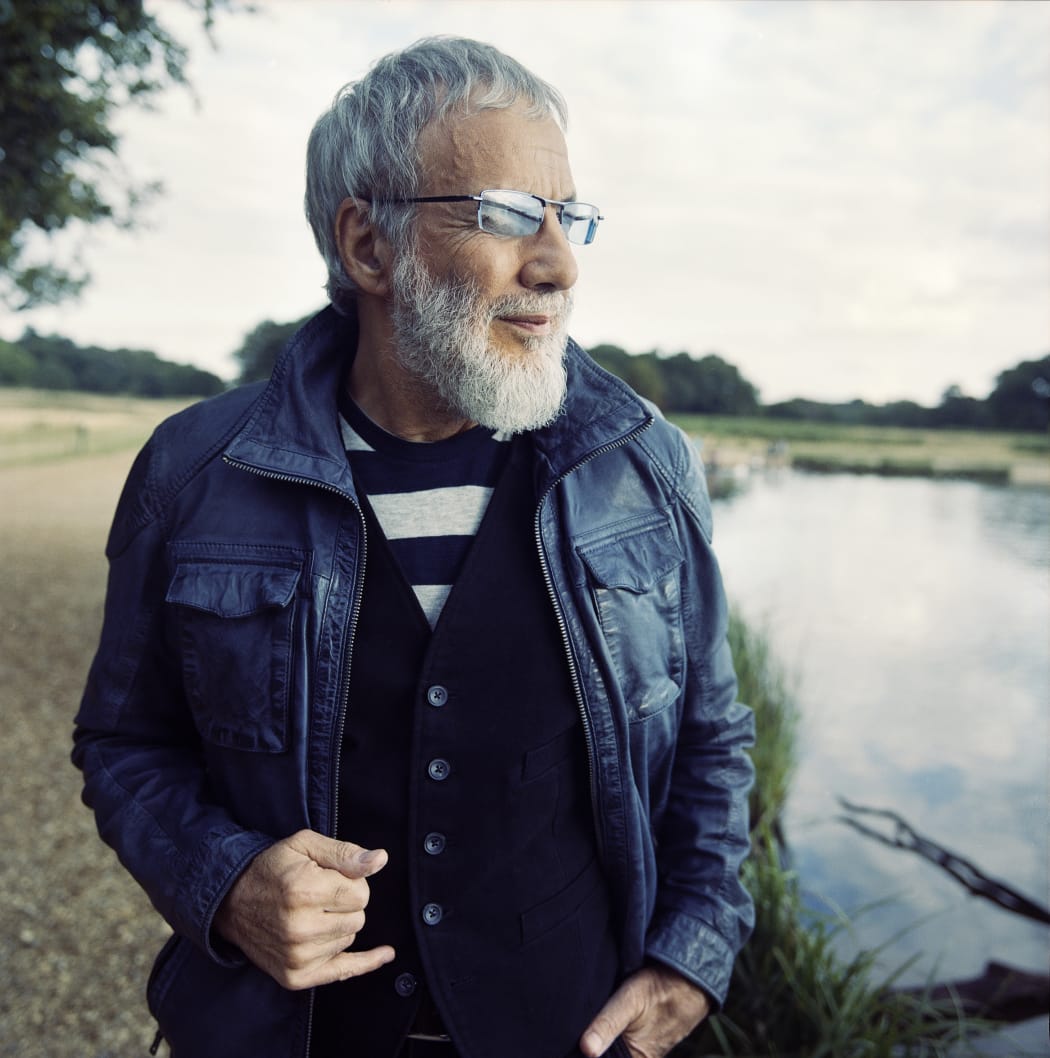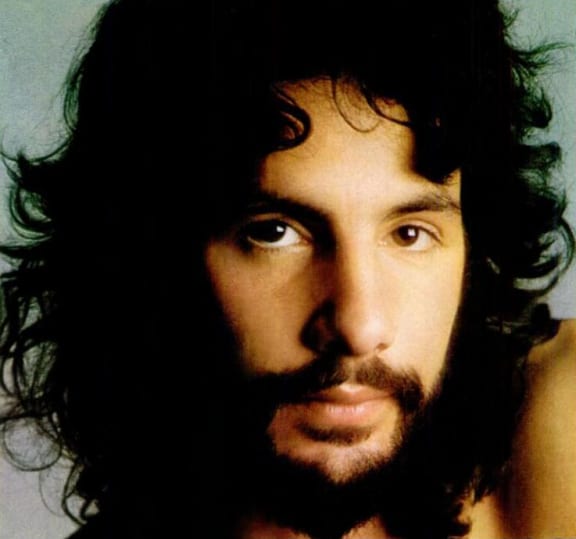Fifty years after his first album, Yusuf Islam – formerly Cat Stevens – brings his career full circle with The Laughing Apple.
Islam speaks to Bryan Crump about the new album, his eventful life and his influences over the years.

Photo: supplied
The Laughing Apple reunites Islam with producer Paul Samwell-Smith and guitarist Alun Davies, prominent collaborators on some of his landmark recordings.
The album's title is a reference to one of Islam's earlier hits, 'The Laughing Apple', from his 1967 album New Masters.
Islam says while revisiting some of his old songs he made some pleasant rediscoveries.
"It was like going back into the old toy cupboard and you start picking out some of these old toys that you used to have as a kid and seeing if they still work.
"That's the way I picked up some of my old songs, I started singing them again and they came to life - well, some of them did, some of them didn't, but the ones on the album certainly did."
Islam grew up in London's West End with a Greek father and Swedish mother and his early life was rich with music, he says.
"I always listened to music, I didn't sing I kind of had to develop that skill, but music was one of my early passions. I used to listen to lots of different types of music. We lived in the West End and we had musicals all around us - Oliver, West Side Story or something from South Africa or Russia from Spain. So I just grew up with all this incredible mix of music."
In the late 1970s, at the height of his career and fame, Cat Stevens retired from the music business. By then he'd released a string of hit albums and written a slew pop standards including 'First Cut is the Deepest', 'Father and Son', 'Wild World', 'Peace Train', 'Morning Has Broken' and 'Moonshadow'.
In 1978 Yusuf converted to Islam and took the name 'Yusuf Islam'. He abandoned his musical career for more than 20 years and devoting himself to spiritual and philanthropic pursuits.
Islam says it should have come as no surprise to his fans that he stepped back from the spotlight.
"If you didn't listen to the lyrics then you might be surprised, but if you did you shouldn't really be surprised that I found something I was looking for. Many times I've written about it in my songs
"Ever since I was a teenager I was in show business and I needed to get off that rostrum and get a real life, and I found my faith. It was a uniting factor at that time, it was way before the bad headlines about Islam; Islam was another choice as a spiritual path."

Cat Stevens at the height of his fame in 1972. Photo: Wikicommons
After his two-decade hiatus, Islam decided he needed to start "communicating" again.
"Because things started looking so bad and so dark. We need to communicate, we're social beings we don't live on islands.
"One of the problems today is people trying to build walls. You've got the far right coming in and making a big thing about immigration. God knows were all immigrants, we came to this planet anyway by God's will and then we had to move to survive - it's part of the human story."
The Laughing Apple is a return to the stripped-back sound of his 1970 album Tea for The Tillerman, Islam says.
"The clarity I've achieved is because I've gone back to my nature, the nature of me and the guitar in that way I've captured the spirit of my music and my songs much more simply.
"People are saying 'Oh, it sounds like you've gone back to Tea for the Tillerman but that [TFTT] was a result of me getting rid of all the session musician and me doing it in my own style in my own time and own way and keeping it raw."
Yusuf Islam will be touring New Zealand starting on the 13 December this year with dates in Auckland, New Plymouth and Christchurch.

